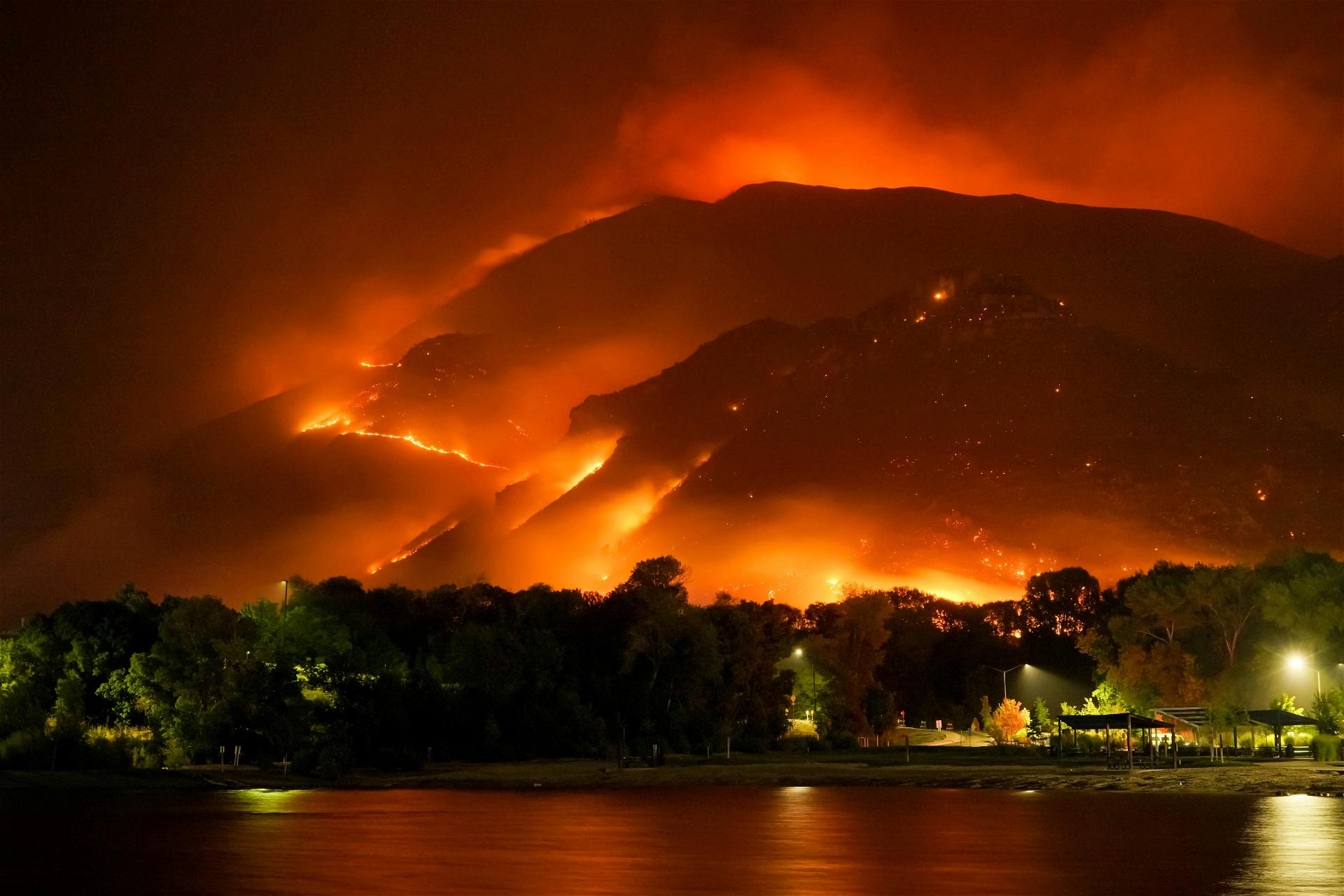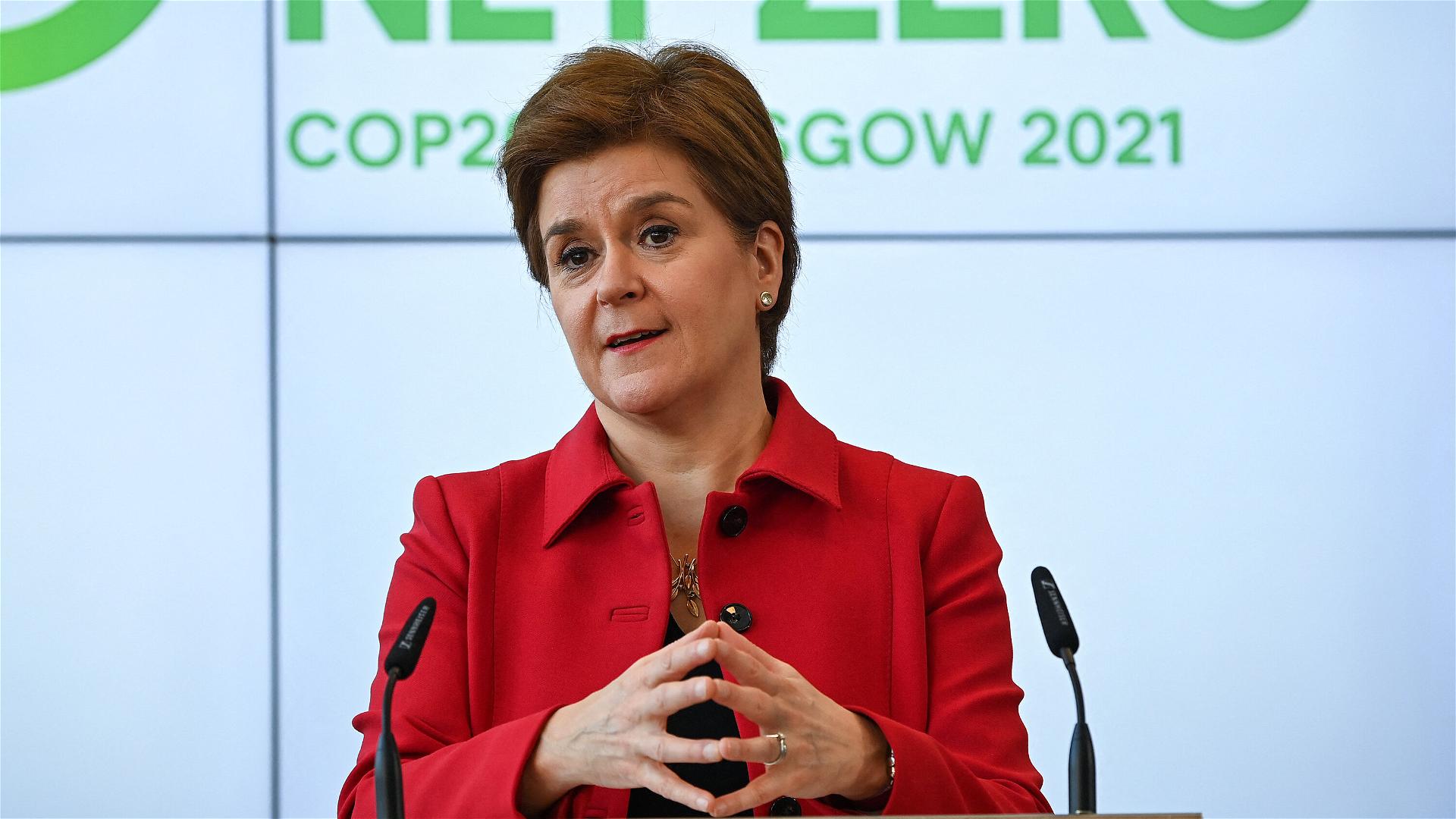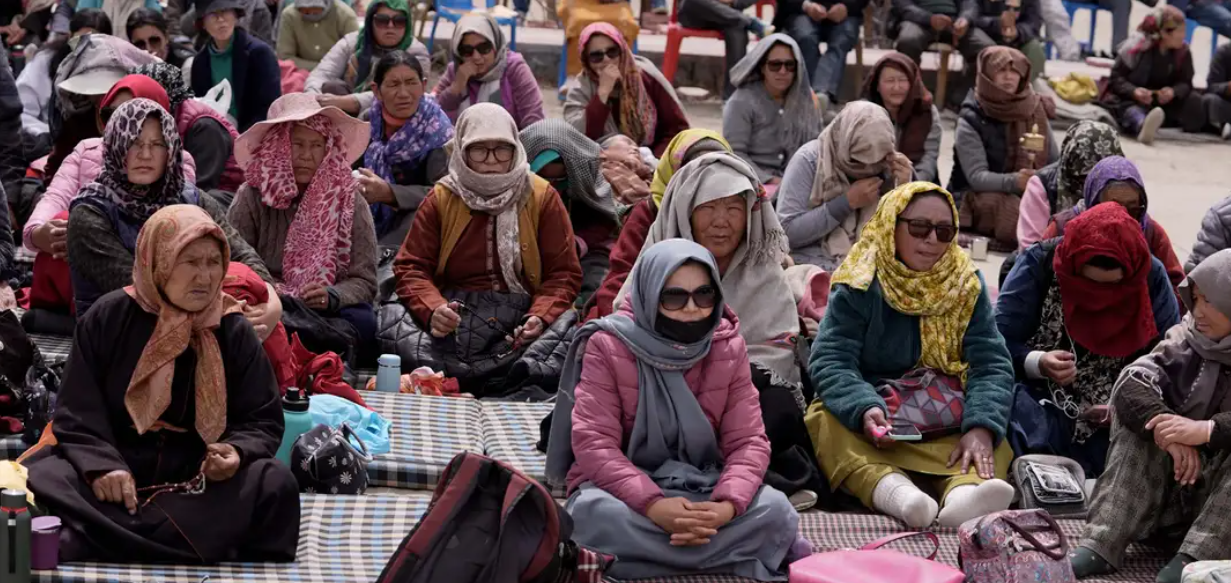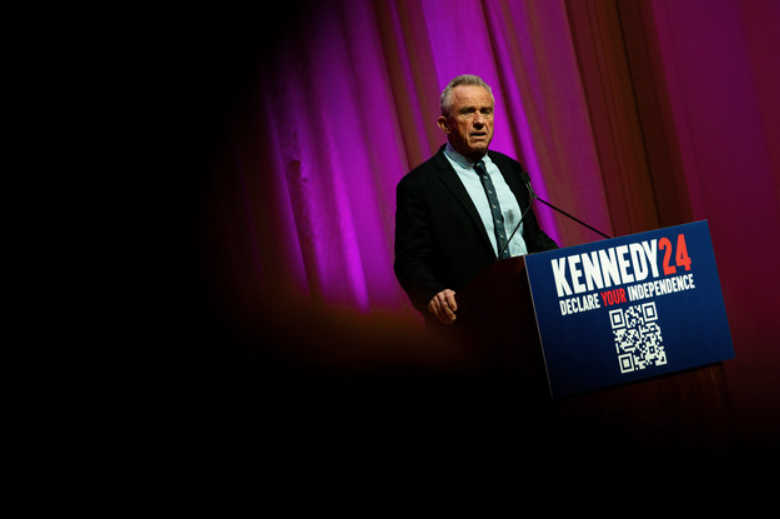· 6 min read
Overview
Climate change and environmental collapse are undoubtedly two of the greatest security threats facing international society today. Scientists at the University of Bern have concluded that the speed and extent of current global warming is unparalleled by a similar event in 2000 years. Despite this, the din created by these global matters has, at least in Britain, been drowned out by the asinine rumble of Brexit proceedings and domestic in-fighting. The following articles will point out, through the lenses of international inequality, crime and migration, that climate scepticism or governmental inertia surrounding it, is self-defeating, not only for the planet at large, but also for the domestic security and legitimacy of nation states.
EXPLAINING THE INEQUALITY OF CLIMATE CHANGE
The connection between inequality and climate change is one widely discussed and in this article it will be used to reinforce the need for strong leadership in light of the emerging global security threat posed by systemic climate trends. The summer’s European heatwave confirmed what has been increasingly clear since the signing of the 1997 Kyoto Protocol: swift and immediate action is needed to ensure that the damage caused by our changing climate does not become irreversible. Such sentiments are contradicted by a recent report submitted to the UN Human Rights Council in June 2019 which outlines the risk of a ‘climate apartheid,’ an inequality between developed and developing nations in terms of how global warming impacts them. The report suggested that poorer countries are expected to suffer at least 75% of the costs of climate change despite the fact that the poorer half of the world’s population generate just 10% of emissions. Climate intersects the structural poverty faced by the non-Western world; the unsustainable practices of the modern industrialised North could serve to undo poverty’s reduction.
The impacts of such inequality are well documented. A ground-breaking report published by the Intergovernmental Panel on Climate Change (IPCC) in Autumn 2018 demonstrated that a global temperature rise of 1.5 degrees Celsius before the end of the century will result in poorer countries facing the risk of millions of premature deaths. Rising temperatures will greatly damage the economic security of the underdeveloped, with labour productivity lowered by extreme heat, not to mention a decreased crop yield which would reproduce the starvation that the UN has tried to reduce through Millennial Development Goals and the like. The prescriptions outlined by documents such as the Kyoto Protocol and The Paris Agreement acknowledge these threats but do not translate into concrete policies, meaning major powers, namely the US, have had leeway to play the “sovereignty card” and establish far stricter boundaries regarding their responsibility in fighting climate change if such commitments are not broadly upheld across the Atlantic. This was something demonstrated through Trump’s unilateral decision to withdraw the United States from the 2015 Paris Climate Agreement in June 2017, arguing against “draconian financial and economic burdens.” As such, collective agreement on the nature of current climate trends is needed in order to redress the imbalance seen in state action being taken to mitigate it and the starkly disparate consequences predicted if no action is taken at all.
In a time of burgeoning populism, it is becoming increasingly evident that the emerging security concerns surrounding climate change are also conditioned by key individuals who wield domestic influence. It is difficult to ignore the ill-defined stance taken by the Trump Administration vis-a-vis climate change, particularly as it is one which is presaged by the international inequality facilitated by the capitalist economy it presides over and must maintain at all costs. In this instance, business interests appear to override scientific evidence. If Trump can still confidently argue that climate change is a ‘Chinese hoax’ established to negatively impact US export capacity, as he did in 2012, then he must consider China’s efforts in mitigating climate change a mere accessory to this charade rather than an attempt to protect its own citizens from the harsh impact of its polluting industrialism.
If anything, this is demonstrative of populism’s assault upon nuanced policy. Focusing on the target of Trump’s bluster, China’s ongoing battle against air pollution means mitigating international climate change is in its own security interests. A highly circulated 2015 report by Robert Rohde and Richard Muller concluded that air pollution is responsible for up to 1.6 million deaths per year in China, explaining the establishment of a “carbon market” in 2017, through which the rights to emit greenhouse gases are being sold, providing a financial incentive for Chinese power companies to operate more cleanly and sustainably. Surely if China wanted to weaken US economic predominance through launching a climate change “hoax,” it could find simpler methods to establish it. Its recent policies are not scaffolding for a facade aimed at limiting American growth, but an acknowledgement of the threat current trends and predictions pose to China as a nation. Yet populism, immune to reason, blinds current policymakers in the White House. What should be clear is that the economic interests of the United States and China are interlinked with the progress made in mitigating climate change. Trump’s rhetoric may satisfy his national voter base but it also ignores this fundamental link and will harm his country both economically and environmentally in the long run.
The inequality global climate change is predicted to establish is one ultimately paralleled by an unequal distribution of power within the international system, something illustrated by US-Chinese relations. Trump’s unreliable approach to climate change is one of many failings which has revived a state of superpower suspicion paralleled by late Cold War tensions. As such, the human impact of extreme climate is often underestimated and the vulnerability of those who will suffer most, forgotten. The world’s superpowers, meanwhile, are quick to ensure a certain degree of autonomy on the issue, despite the fact it is themselves that have seen record temperatures during the Summer’s heatwave, leading to deaths in the worst cases. France, for example, recorded its highest ever temperature of 45.9C in the southern village of Gallargues-le-Montueux during a June heatwave, whilst the extreme heat sparked wildfires in Spain and claimed two lives. Of course, this cannot be equated to a particular state’s energy and climate policy alone, but it does reinforce the fact that climate change is a globally threatening phenomenon. As such, it is not time for the world’s great economies to pull their purse strings tighter but to accept that development occurs at uneven rates and superpower leadership and cooperation is still needed on matters of global security.
Acknowledging inequality is key in fighting climate change; it must be a central focus in any discussion regarding it. Although explanation for our changing climate is atmospheric, its most brutal consequences will be faced by those with two feet planted firmly on the ground and often by those lacking the most basic resources required for self-protection. According to the World Meteorological Organisation (WMO), the 20 warmest years since records began have all been within the past 22 years. Perhaps more alarming is the fact that the years 2015-2018 make up the four hottest years on record. Given that the ramifications of this are expected to be realised in our century, pressure must be placed upon policy makers to put global security and collective action ahead of state interest. If one thing is certain, it is that succumbing to populism and reigniting superpower suspicion will not fit the bill.
Future Thought Leaders is a democratic space presenting the thoughts and opinions of rising Energy & Sustainability writers, their opinions do not necessarily represent those of illuminem. This article was also published as part of the 20th Edition of KCL Dialogue.






